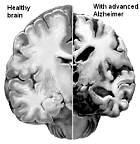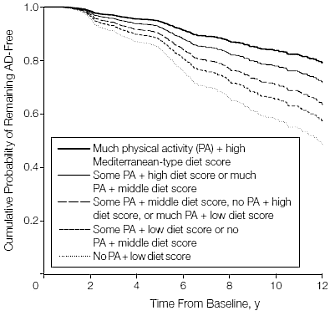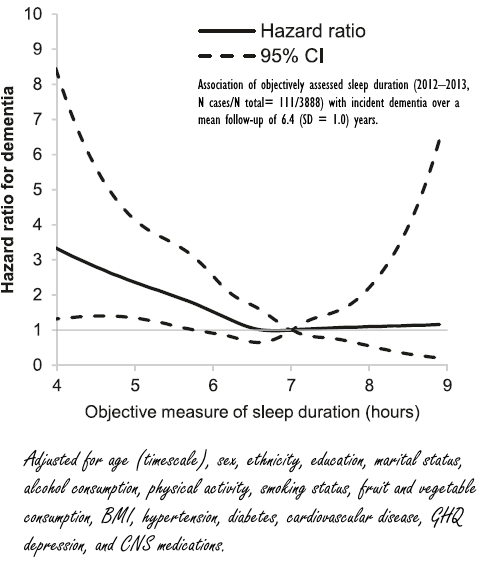|
Definition: "An ergogenic aid is any substance or phenomenon that enhances performance "
|
|
||||||||
03.11.2011 |
|
|
How to halve your risk of Alzheimer's
According to the World Alzheimer Reports [alz.co.uk], there are about 40 million Alzheimer's sufferers on the planet, but the number doubles every 20 years. Alzheimer's is becoming an epidemic. Whether you are going to develop Alzheimer's is to a large extent in your own hands. According to epidemiologists at the Taub Institute in the US, there are two lifestyle factors, which, combined, halve the likelihood of your developing Alzheimer's.
Alzheimer's
At present 58 percent of all elderly people suffering from dementia live in poorer countries, where care facilities are not optimal. In 2050 the figure will be 71 percent. And in rich countries too the welfare state is under pressure.
These are alarming figures. For most of us the prospect of spending the last years of our life suffering from Alzheimer's is awful enough. But these statistics provide food for nightmarish future scenarios of a society that treats its demented elderly in horrific ways.
Study
The researchers divided the subjects into two groups according to diet: unhealthy [low diet score] and healthy [high diet score].
They also divided the subjects into three groups according to the amount of exercise they took [Physical Activity or PA]. No PA was the label given to people who were couch potatoes; some PA was for those who did 6 minutes of intensive, 24 minutes of moderately intensive or 80 minutes of slightly intensive physical exercise per week; and much PA was for 78 minutes of intensive, 138 minutes of moderately intensive or 228 minutes of slightly intensive activity per week.
Results
Conclusion
Source:
More: Archives:
|
|
||||||||||||||||







